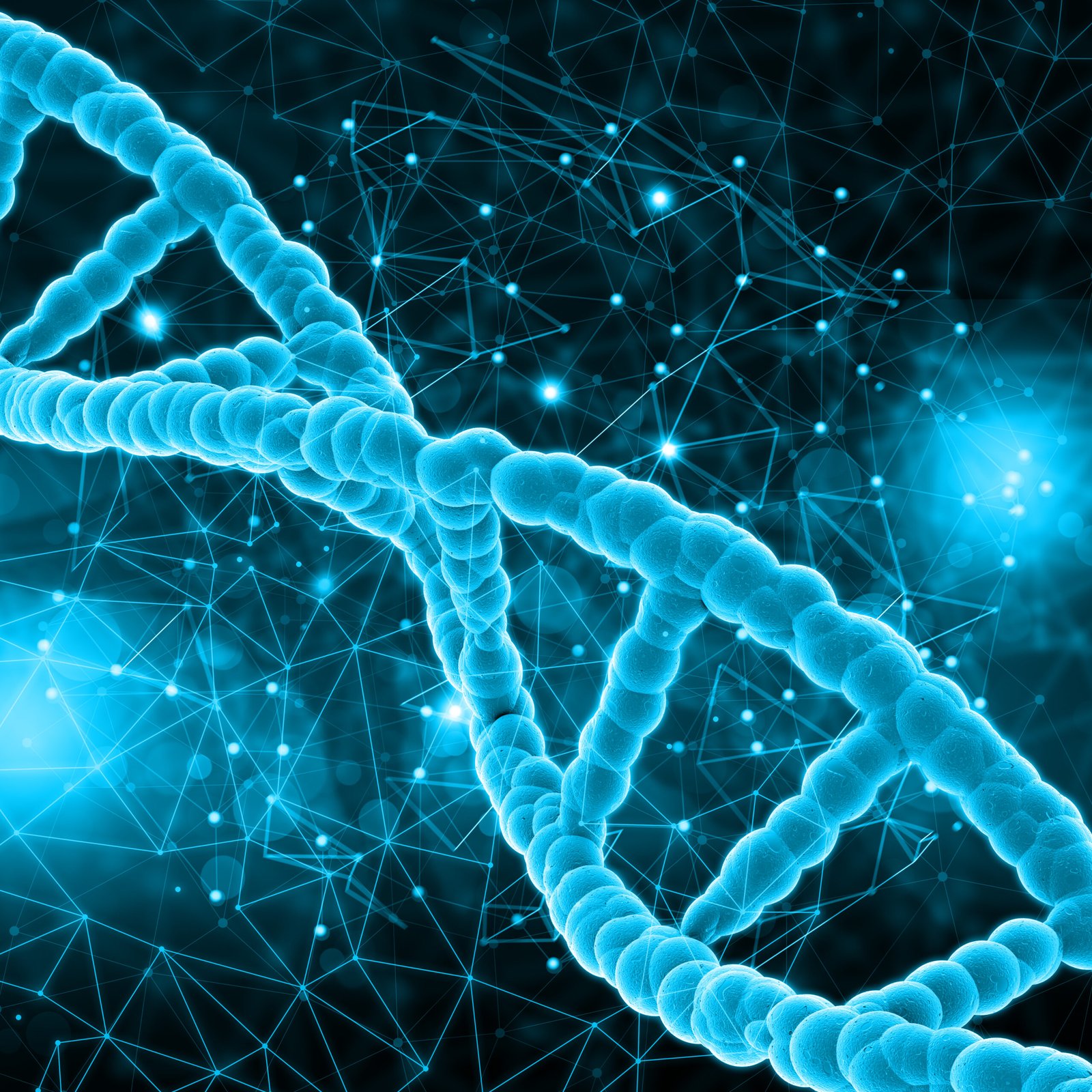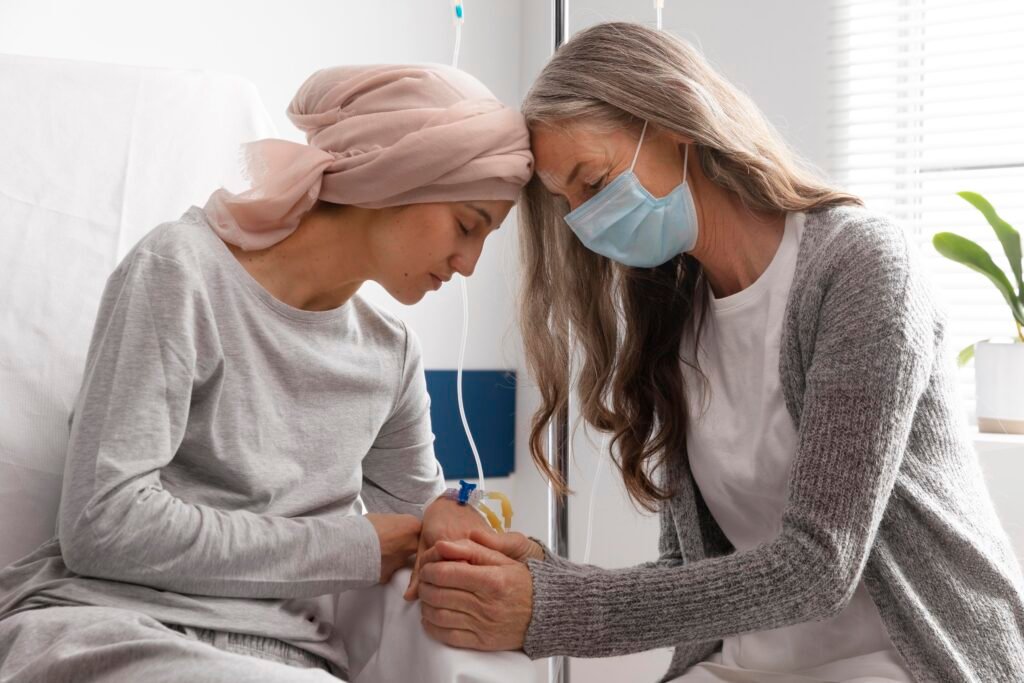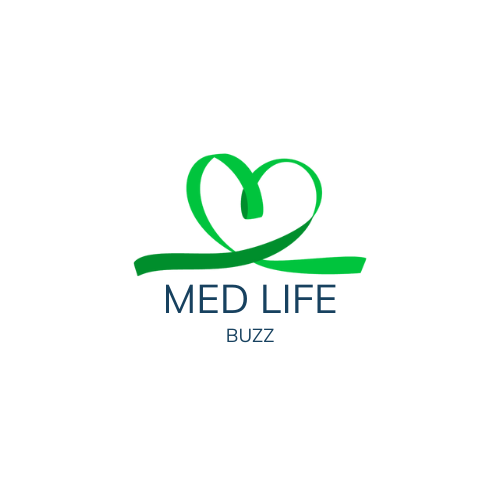
Genetic Cancer Risk in 2025: What You Need to Know
Introduction
Cancer develops from a mix of lifestyle, environmental exposures, and genetic factors. While most cases arise from random mutations over time, some cancers link directly to inherited genetic changes. In fact, inherited mutations cause about 5–10% of cancers. These cancers often appear earlier in life and may progress more aggressively. Therefore, understanding how genetics increase cancer risk is crucial for prevention, early detection, and treatment planning.
How Do Genes Influence Cancer Development?
Genes act as instruction manuals for our cells, telling them how to grow, divide, and repair damage. When mutations alter these instructions, cells may grow uncontrollably and form tumors.
Most genetic mutations develop during life from aging, smoking, sun exposure, or other environmental factors. However, some mutations pass directly from parents to children and significantly raise cancer risk.
What Are Inherited Genetic Mutations?

Inherited mutations, also called germline mutations, exist in every cell of the body. Because parents pass them down, these mutations often affect multiple family members across generations.
Some well-known inherited mutations include:
- BRCA1 and BRCA2 → linked to breast, ovarian, and prostate cancers.
- TP53 mutations → associated with Li-Fraumeni syndrome, which increases risk of many cancers.
- APC mutations → cause familial adenomatous polyposis, leading to colorectal cancer.
- MLH1, MSH2, MSH6, PMS2 mutations → linked to Lynch syndrome, a major cause of hereditary colorectal and endometrial cancers.
Families with these mutations often notice cancers appearing at younger ages.
How Does Family History Affect Cancer Risk?
Family history plays an important role in understanding genetic risk. For example, if several relatives on the same side developed cancer—especially before age 50—it may signal inherited mutations.
However, not all family cancers result from genetics. Shared lifestyle habits, such as smoking or poor diet, may also contribute. That’s why doctors often recommend genetic counseling and testing when families show strong cancer patterns.
Genetic Testing and Screening
Genetic testing has become an essential tool for identifying inherited cancer risks. By analyzing DNA, doctors detect harmful mutations and recommend prevention strategies tailored to each patient.
For instance:
- People with BRCA mutations may start earlier mammograms, MRI scans, or even preventive surgeries.
- Those with Lynch syndrome often undergo colonoscopies more frequently.
- Families with strong cancer histories benefit from genetic counseling to understand their risks.
Advances in 2025 made genetic testing more affordable and accurate, so more people can take proactive steps.
Can You Prevent Cancer If It Runs in Your Family?
Having a genetic risk does not mean cancer is inevitable. Instead, it highlights the importance of prevention and early detection.
Some prevention strategies include:

- Regular Screenings → Detecting cancer early improves survival rates.
- Healthy Lifestyle Choices → Not smoking, eating well, exercising, and limiting alcohol reduce risk.
- Preventive Medications or Surgeries → Doctors may recommend mastectomy or ovary removal for high-risk patients.
- Genetic Counseling → Provides families with guidance on managing inherited risks.
Even with genetic risks, lifestyle and medical choices can lower overall cancer chances.
Other Factors Beyond Genetics
While inherited mutations increase risk, most cancers do not come from family history. Roughly 90–95% of cancers develop from environmental exposures, lifestyle habits, or random mutations.
For example:
- Smoking raises lung cancer risk.
- Long-term sun exposure increases skin cancer chances.
- Obesity connects to breast, colorectal, and other cancers.
So even people without a family history should prioritize screenings and healthy living.
When Should You See a Doctor?
If you have a strong family history of cancer, especially at younger ages, talk to your healthcare provider. They can refer you to a genetic counselor who assesses your risk and suggests testing.
Seek medical advice if you notice:
- Several relatives with the same or related cancers.
- Cancer appearing before age 50.
- Rare cancers in your family.
- One person with multiple primary cancers.
Recognizing these red flags early allows you to act before cancer develops
Conclusion
Genetics strongly influence cancer risk, especially when harmful mutations pass through families. However, carrying a mutation does not guarantee cancer. With genetic testing, counseling, preventive strategies, and healthier lifestyles, people can manage risk effectively.
Ultimately, awareness and early detection remain the best defenses. By understanding how genetics increase cancer risk, families can protect their health and future generations.
